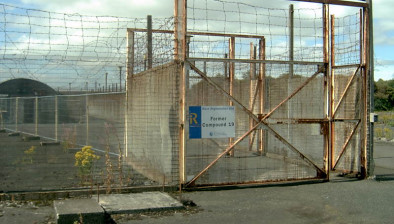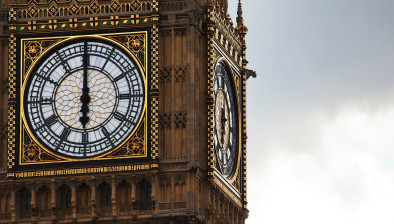UK: Former Supreme Court judge criticises ‘mission creep’ of European Convention on Human Rights

Lord Sumption
A former UK Supreme Court judge has criticised the “mission creep” of the European Convention on Human Rights and suggested that the UK could be forced to withdraw from the nearly 70-year-old convention.
Lord Sumption, 70, said that “intensely political questions” had been reclassified by the ECHR as “questions of law, thus removing them from the realm of democratic decision-making and referring them instead to national and international courts”.
The former judge addressed the expansion of human rights law in his Reith Lecture, delivered in Parliament House in Edinburgh and broadcast on BBC Radio 4.
He singled out Article 8 of the ECHR, the right to private and family life, as the “most striking example of this kind of mission creep”, which the European Court of Human Rights (ECtHR) has “developed into what it calls the principle of personal autonomy”.
Lord Sumption stressed that it is important to “distinguish a fundamental human right from something which is merely a good idea”, adding that democracy is “extremely vulnerable to the idea that one’s own values are so obviously urgent and right that the means by which one gets them adopted don’t matter”.
He questioned whether the Human Rights Act 1998, which enshrined the ECHR in law, is “consistent with a democratic constitution”.
He said: “It is often pointed out that Parliament has authorised this way of making law by passing the Human Rights Act, and of course so it has. What is more, in 1998 when it did this, the expansive tendencies of the Strasbourg court were already apparent.
“But not everything that a democratic Parliament does is consistent with a democratic constitution. Parliament could abolish elections, it could ban opposition parties, it could forbid criticism of official policy, it could transfer its powers to a dictator as the German parliament did in 1933 and the French one in 1940.
“Decisions of this kind would have the authority of a democratic Parliament, but they would hardly be democratic. So, the fact that Parliament has incorporated the Convention into our law does not relieve us from the need to look at its implications for the working of our democracy.”








